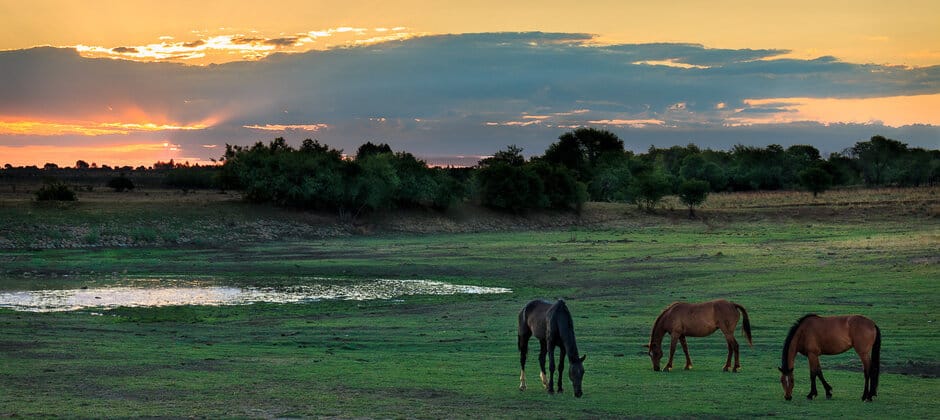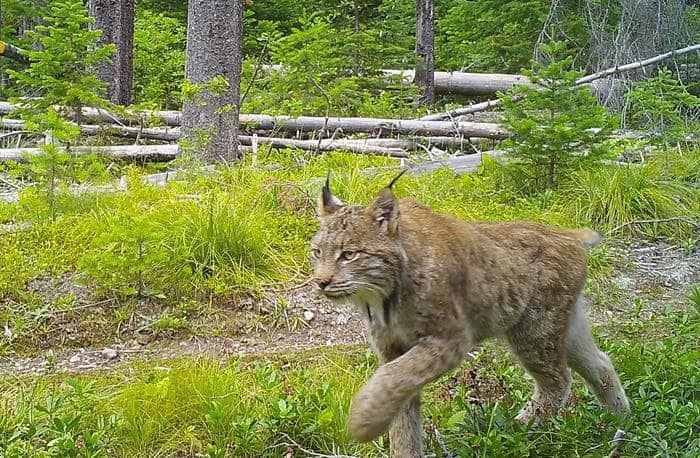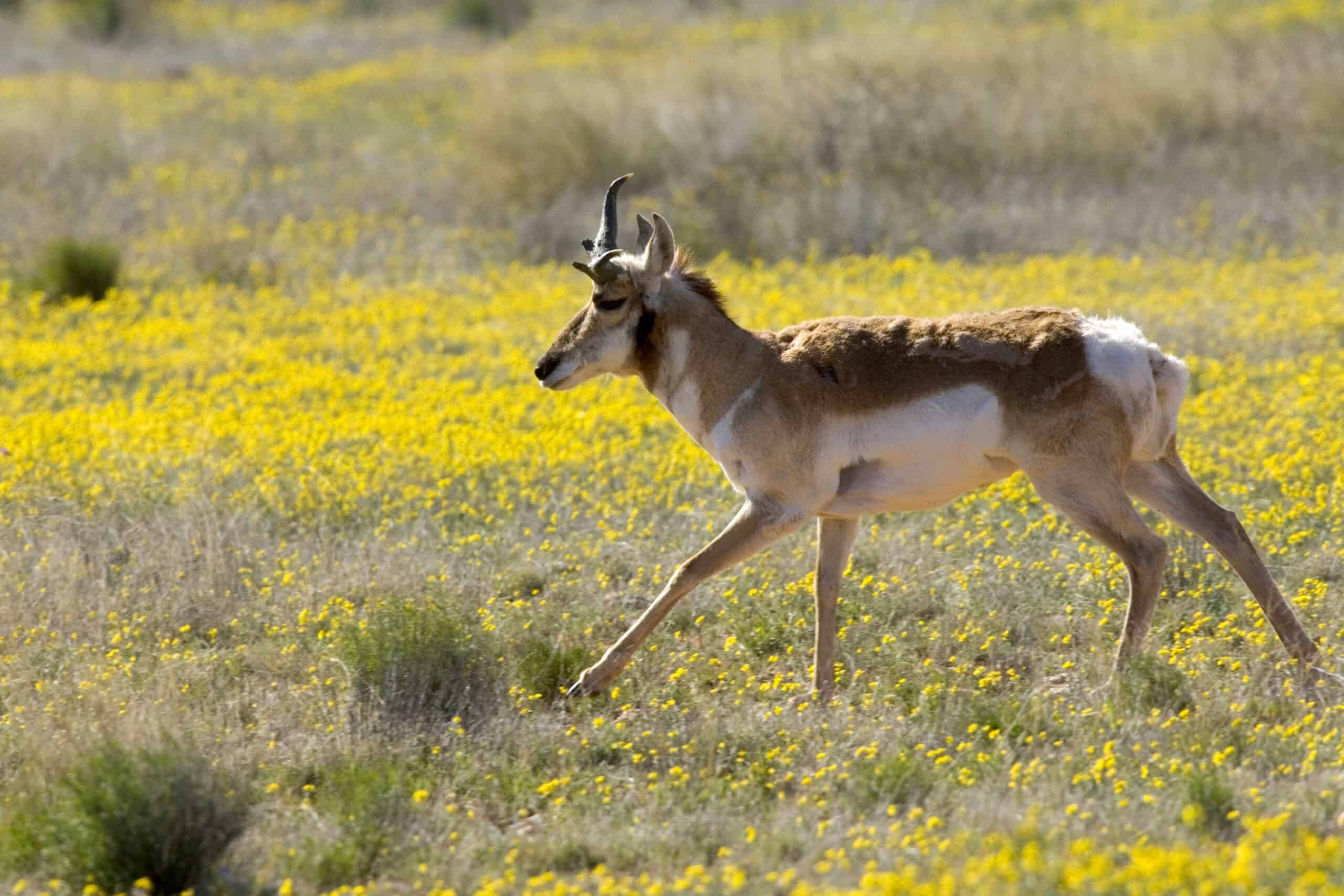Share this article
House subcommittee reviewed Farm Bill conservation programs
As the current Farm Bill, passed in 2018, reaches expiration at the end of 2022, The U.S. House Subcommittee on Conservation and Forestry met on Feb. 2 to review the implementation of private lands conservation programs passed under the bill.
Legislators will continue to negotiate parameters for the next farm bill throughout this year, including funding and acreage caps for programs like the Conservation Reserve Program, which provides assistance to farmers in removing ecologically sensitive habitat from production.
At the meeting, administrators from the USDA Natural Resources Conservation Service and Farm Service Agency spoke to the strengths and drawbacks of the 2018 bill’s framework before fielding questions from legislators. The witnesses attested to the benefits of the bill in strengthening conservation-oriented farming but noted that the programs may require additional funding for improved efficacy.
“As we deliver on our conservation programs, we are expanding, then furthering, our target for climate-smart agriculture and forestry,” said Terry Cosby, chief of the Natural Resources Conservation Service. Their programs, he added, are “open subscribe” meaning anyone can join at any time of the year, and most focus on climate-smart practices. However, many of their programs well exceed the available funding.
Ranking member Rep. Glen Thompson (R-PA) and Rep. Chellie Pingree (D-ME) echoed the witness’ concerns over funding, with the latter identifying the sprawling environmental and social programs package dubbed the “Build Back Better Act” as a potential source of additional funding in the coming years.
“The added resources in the Build Back Better Act would be extremely important to [conservation programs in] my state, and I’m sure that’s true in Pennsylvania as well if there is not sufficient funding,” Pingree said.
Though the majority of the subcommittee agreed that since 2018, Farm Bill (H.R.2) conservation programs have accomplished a solid foundation for integrating conservation and farming, many voiced concern over the possibility of funding for broad-scale climate programs taking precedence over funding for community-led natural resource conservation and food supply programs in the 2023 Farm Bill.
“While we call them conservation programs, they have climate value,” said Rep. Abigail Spanberger (D-VA) in response to the hesitance over climate program incorporation. “They also have economic value to our rural communities and our producers.”
The House Agriculture Committee will be continuing their review of 2018 Farm Bill programming, with a hearing to review Farm Bill policy with Agriculture Undersecretary Robert Bonnie scheduled for Feb. 8.
Header Image:
Farm Bill conservation programs are the largest source of federal funding for private land conservation. Land trusts created under these programs protect farm and ranch lands, grasslands, wetlands and forests.
Credit: StormSignal Photography








